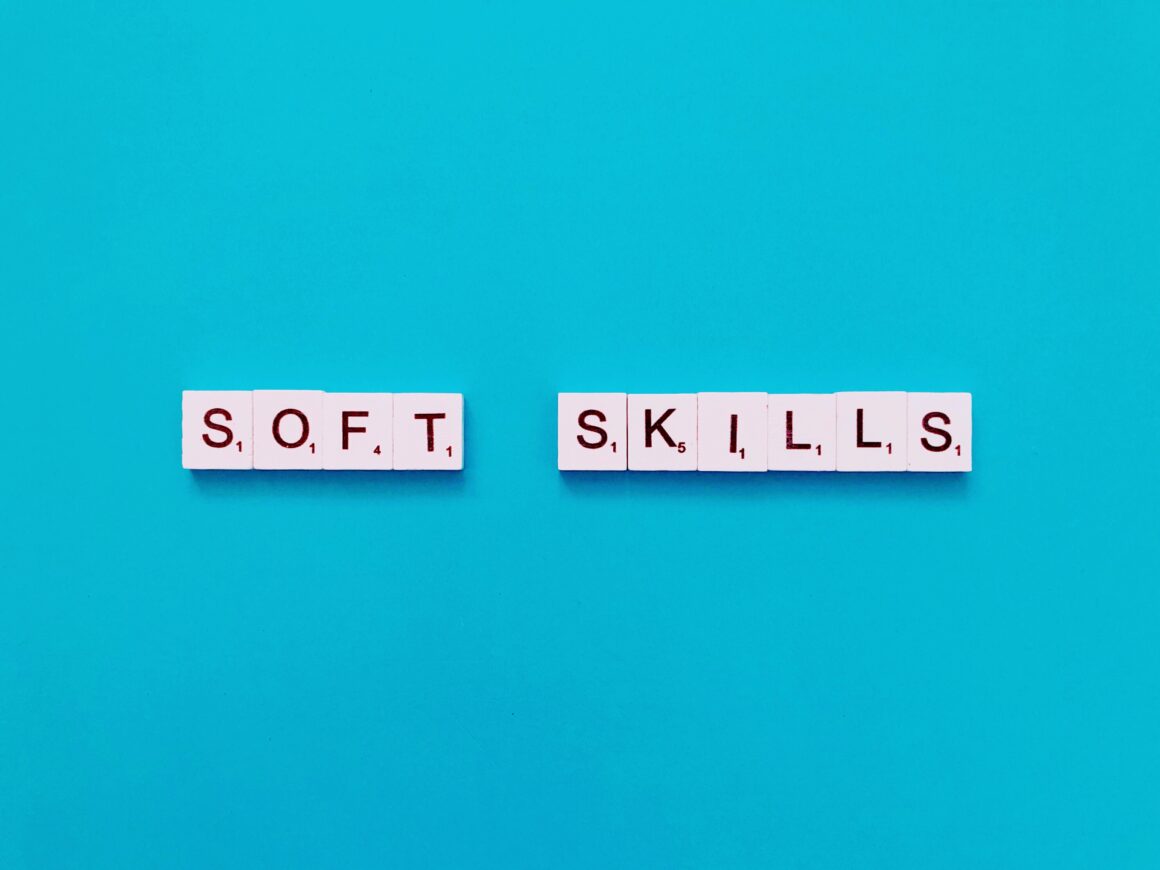When most African freelancers think about building a successful career, their focus usually centres on technical proficiency, e.g, coding, writing, design, data analysis, or digital marketing. But in today’s global freelance marketplace, soft skills are just as critical. These are the interpersonal and behavioural traits that shape how you communicate, manage time, handle pressure, and build relationships with clients and collaborators.
Unlike hard skills, soft skills aren’t taught in a typical course or certification. Yet they often determine whether you get repeat clients, negotiate rates successfully, or work efficiently with a remote team. As an African freelancer working with clients from different time zones, cultures, and expectations, honing your soft skills can make the difference between surviving and thriving.
In this article, we’ll explore why soft skills matter, the specific ones every African freelancer should develop, and practical ways to build them no matter your background or budget.
Why Soft Skills Matter in Freelancing
In freelancing, your work speaks volumes, but so do your attitude, communication style, and ability to adapt. While hard skills get your foot in the door, soft skills are what keep the door open.
Soft skills like communication, reliability, and professionalism build trust with clients. Imagine delivering a well-written article or a clean codebase, but doing so days late without any updates. Chances are, the client won’t return, no matter how good the final product is. Now more than ever, clients are looking for freelancers who are not only skilled but also easy to work with.
For African freelancers, developing soft skills also helps bridge cultural and geographical gaps. You may be working with clients from Europe, North America, Asia, or within Africa itself, each with unique communication norms and work styles. Being able to listen actively, express yourself clearly, and respond with emotional intelligence can position you as a professional who’s not just talented but also dependable.
In short, soft skills enhance your ability to:
- Build strong client relationships.
- Work well with teams, agencies, or other freelancers.
- Resolve conflicts and misunderstandings professionally.
- Attract long-term projects through reputation and referrals.
Essential Soft Skills Every African Freelancer Should Develop
Success in freelancing isn’t just about what you do; it’s also about how you do it. Below are key soft skills that every African freelancer should intentionally build to stay competitive and work effectively across diverse client settings:
1. Communication Skills
Clear, respectful communication is the foundation of every successful freelance relationship. This includes writing professional emails, asking the right questions before starting a project, and knowing how to follow up without sounding pushy. Good communicators listen actively, clarify expectations, and keep clients informed every step of the way.
2. Time Management
As a freelancer, you’re your boss, but that also means managing deadlines, meetings, and daily work without supervision. Mastering time management helps you deliver work on time, avoid burnout, and build a reputation for reliability. Tools like Google Calendar, Trello, or Notion can help, but it ultimately comes down to discipline and consistency.

3. Emotional Intelligence (EQ)
Emotional intelligence helps you manage your emotions and understand others’ emotions. This skill becomes especially valuable when dealing with demanding clients, unclear feedback, or project stress. Freelancers with high emotional intelligence tend to resolve conflicts peacefully, maintain professionalism under pressure, and build stronger rapport with clients.
4. Adaptability
The freelance world changes fast. Clients may alter project scopes, switch platforms, or pivot directions. Being adaptable means staying flexible and solution-oriented. For African freelancers working across different industries and time zones, adaptability also includes adjusting to cultural nuances, communication styles, and workflows.
5. Collaboration and Teamwork
Freelancing doesn’t always mean working alone. Many projects require working with other freelancers or collaborating with agencies. Knowing how to work as part of a team—sharing updates, giving and receiving feedback, and respecting roles—is a valuable skill that opens up more project opportunities.
6. Problem-Solving and Critical Thinking
Clients value freelancers who can think independently and solve problems without needing hand-holding. Whether it’s troubleshooting a design issue, improving a marketing strategy, or suggesting a more efficient workflow, bringing thoughtful solutions to the table sets you apart as a professional and not just a task-doer.
How African Freelancers Can Build Soft Skills
Unlike technical skills that can be learned through tutorials or certifications, soft skills are developed through practice, reflection, and real-world experience. Here are some actionable ways African freelancers can strengthen their soft skills, regardless of their budget or background:
1. Practice Self-Awareness
Start by assessing your current strengths and areas for growth. Do you struggle with meeting deadlines? Do you find it hard to respond to negative feedback calmly? Being honest with yourself is the first step toward improvement. Tools like personal journaling, personality assessments, or peer feedback can help you reflect and track your progress.
2. Take Online Courses Focused on Soft Skills
Platforms like Coursera, LinkedIn Learning, Alison, and Udemy offer free or low-cost courses in communication, emotional intelligence, productivity, and conflict resolution. Many of these courses are self-paced and practical, making them ideal for freelancers juggling multiple commitments.
3. Learn by Doing (and Reflecting)
Every interaction with a client is a chance to sharpen your soft skills. Whether you’re negotiating a deadline, responding to criticism, or joining a team meeting, treat it as practice. Afterwards, ask yourself: What went well? What could I have handled better? The more intentional you are, the faster you’ll grow.
4. Join Freelance Communities
Being part of African or global freelance communities (on platforms like Twitter/X, LinkedIn, Slack, or Facebook Groups) gives you access to conversations, role models, and peer support. Engaging in discussions, sharing experiences, and asking for feedback are powerful ways to learn. African Freelancers also has a community of African Freelancers that you can join.
5. Seek Mentorship and Constructive Feedback
Find someone ahead of you in the freelance journey who’s willing to give honest, respectful feedback. This could be a fellow freelancer, a former client, or an industry professional. Feedback helps you identify blind spots and learn how to manage client relationships more effectively.

6. Volunteer or Intern to Gain Real-World Experience
If you’re just starting, offering your services to nonprofits, student-led projects, or small local businesses can give you hands-on experience working with others. These low-stakes environments are great places to practice communication, time management, and adaptability.
Conclusion
Clients aren’t just hiring your skills; they’re hiring you. And while knowing how to code, write, design, or analyse is excellent, it’s your soft skills that keep clients coming back for more. Think of them as your freelance superpowers.
For African freelancers, soft skills help you stand out in a crowded global market. And here’s the best part: You don’t need fancy degrees or expensive courses to build them. You just need intention, practice, and maybe a little help from your community.
So start small. Ask for feedback. Practice your emails. Show up on time. Bit by bit, you’ll get better and your confidence will grow too.
Ready to level up? Come hang out with other freelancers at African Freelancers. We’re learning, growing, and soft-skilling our way to the top. Check out our other articles while you are at it.




